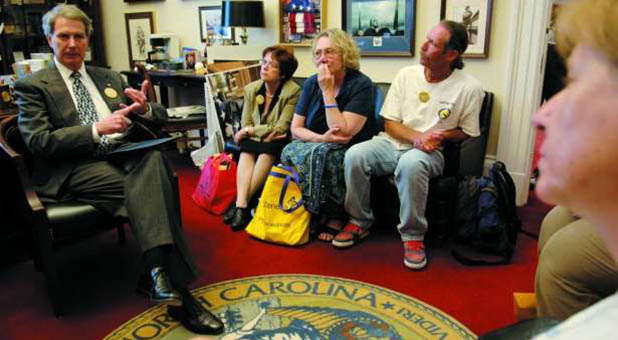Indiana Supreme Court Offers ‘Refreshing’ Opinion
Every day, many emails are sent by ordinary Americans to their state legislators. These emails may urge the state legislators to pass or to block a bill, or they may simply complain about a problem that a citizen is having.
People should be able to send these emails without fear of strangers accessing them and possibly retaliating.
The Indiana Supreme Court recently held that the legislature can keep these emails private, and the Court denied a request to make these emails public. The Court held that the state legislature is subject to the Indiana Access to Public Records Act, but the legislature can decide for itself whether its emails and other records are exempt from public disclosure.
Americans should have the right to communicate confidentially with their elected representatives, without fear that their personal concerns and information will be made public. Most state legislatures protect the emails that they receive from their constituents against disclosure to the public. This Indiana Supreme Court decision, entitled Citizens Action Coalition of Indiana v. Koch, set a helpful precedent that the court system should not “make determinations that may interfere with the General Assembly’s exercise of discretion under” the law requiring government agencies to turn over most of their written communications to the public.
This decision by the highest court in Indiana is a refreshing return to the rightful role of the judiciary as the weakest of the three branches of government. The Court concluded that it was a “non-justiciable question” to ask whether legislators should make public the emails that they receive from constituents.
The court was right: not every question is appropriate for the court system to resolve. This matter of the privacy of emails is for legislators themselves to decide, and then face the next election based on their decision. {eoa}
Phyllis Schlafly has been a national leader of the conservative movement since the publication of her best-selling 1964 book, A Choice Not An Echo. She has been a leader of the pro-family movement since 1972, when she started her national volunteer organization called Eagle Forum. In a 10-year battle, Mrs. Schlafly led the pro-family movement to victory over the principal legislative goal of the radical feminists, called the Equal Rights Amendment. An articulate and successful opponent of the radical feminist movement, she appears in debate on college campuses more frequently than any other conservative.














































